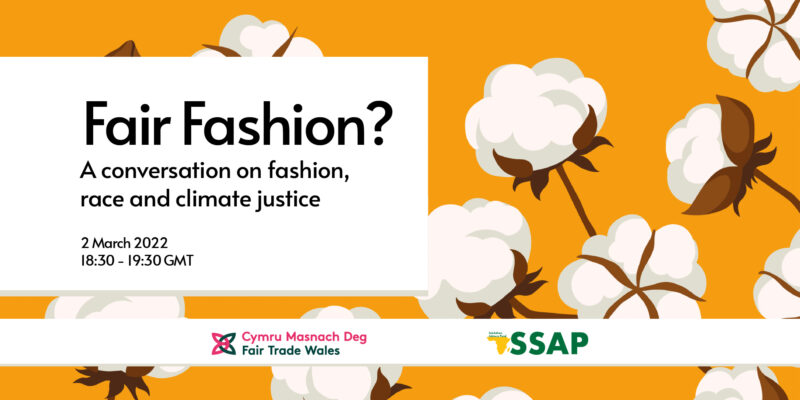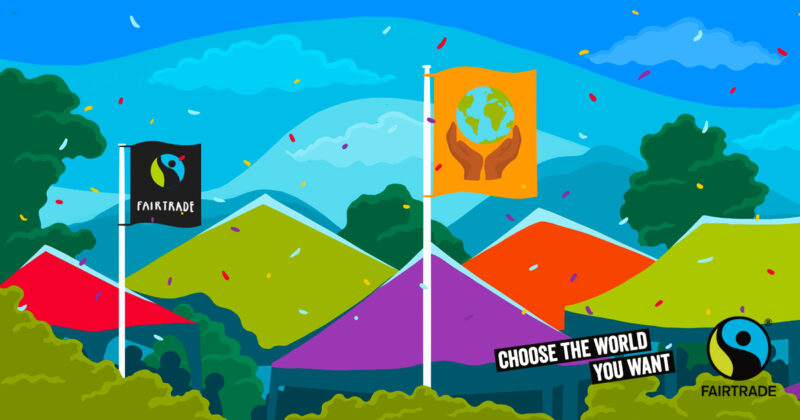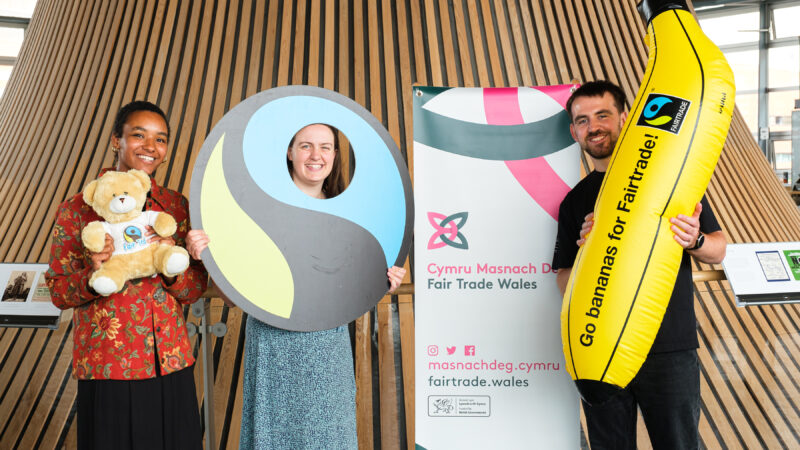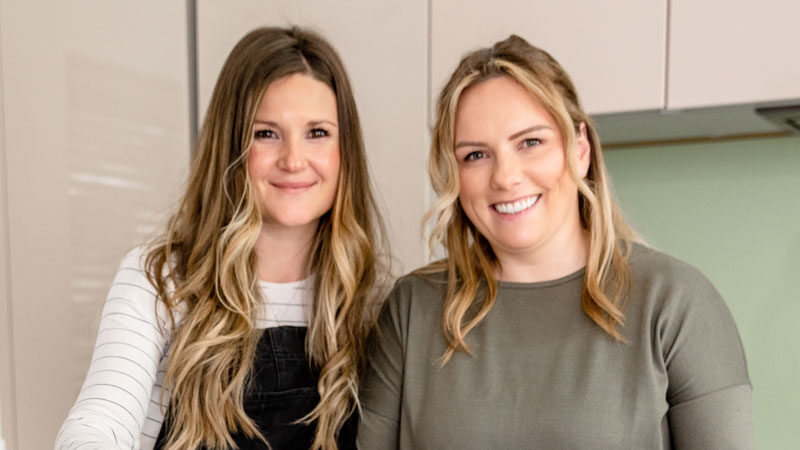Fast Fashion: Unfair and Unethical
February 21, 2022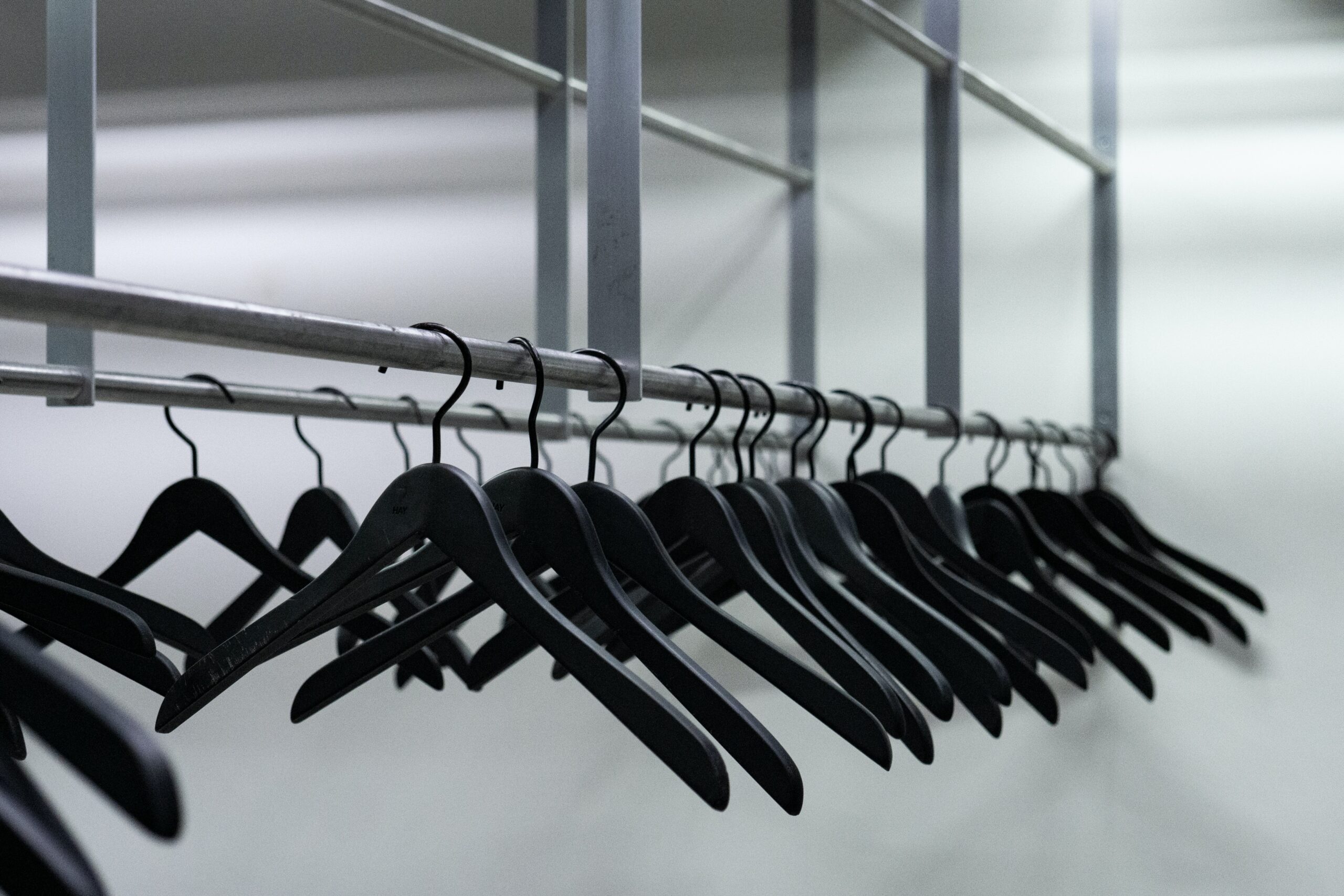
This Fairtrade Fortnight we are looking at the links between fashion, race and the climate. We’re highlighting the impact fashion and the legacy of colonialism has made to our planet and the lives of people who make our clothes.
Fast fashion refers to how businesses mass-produce cheap, disposable clothing in a short amount of time to maximise profit and satisfy consumer demands. It has become an increasingly popular way for people to participate in the ever-changing fashion trends at a low cost. However, this fast fashion business model encourages overconsumption, leading to environmental waste and inequalities for those who produce our clothes.
The lack of transparency within fashion supply chains has enabled corporations and employers to get away with underpaying their workers and failing to provide safe working conditions. Pretty little thing and Boohoo are among some of the most known fast fashion retailers here in the UK. Their Leicester based factories pay some garment workers as little as £2-3 per hour. Most of these garment workers are racialised women, and a third are born outside of the UK. The lack of legal right to work documents and language barrier makes them more vulnerable to labour exploitation and human rights abuses.
The globalisation of supply chains has meant that Large corporations who want to minimise production and manufacturing costs look to low-income countries such as India, Bangladesh, and China, where labour is cheap. To put things into perspective, low to middle-income countries produce 90% of the worlds’ clothes and face environmental and racial injustice as they try to meet rich corporations and consumer needs.
The fast fashion industry operates under an economic model that exploits natural resources and labour from countries to export cheap clothing for the world, which is reminiscent of the colonial model. The exploitation and devaluation of women of colour is an essential feature of the fast fashion model, 74% of 80 million garment workers are women of colour, and many are not paid more than £20 a week. Women’s health is also overlooked as they’re exposed to toxic chemicals and fabric dust during textile production.
High-income countries have done the most to contribute to climate change, yet low-income countries are left burdened with the environmental impact. The textile industry presents serious environmental and health risks for low-income countries. The release of untreated toxic dyes and materials such as polyester from textile factories into nearby rivers harms local waterway systems and threatens local peoples’ resources and livelihood. Cotton is one of the most important fibre crops in the textile industry; it accounts for more than 40% of the global textile production, is water-intensive and requires over 250 billion tons of water annually. Many low-income countries worldwide rely on cotton as a source of income. 90% of the world’s cotton farmers live in low to middle-income countries, but cotton farmers struggle to make a decent living due to climate change, market fluctuations and western subsidies.
Fairtrade works with small-scale cotton farmers in Asia and Africa to help empower farmer-owned organisations. The Fairtrade minimum price helps producers earn a decent living wage. Fairtrade promotes the use of sustainably sourced cotton and has introduced the Fairtrade cotton standard to help protect farmers at the end of the supply chain. Fairtrade continues to support workers’ rights by requiring supply chains to report working conditions.
Come to our online event Fair Fashion? A conversation on fashion, race and climate justice to learn more about the impacts of fashion on people and planet. We have a great list of speakers including:
- Ophelia Dos Santos, Climate Justice Activist and Welsh Textile Designer
- Simmone Ahiaku, Climate justice campaigner, activist and educator
- Subindu Gharkel, Fairtrade’s Senior Cotton and Textiles Lead
- Facilitated by Aileen Burmeister, Fair Trade Wales
When?
- Wed, 2 March 18:30-19:30
Get your tickets now!
And keep a lookout on our socials for more discussion of fashion’s impacts:
